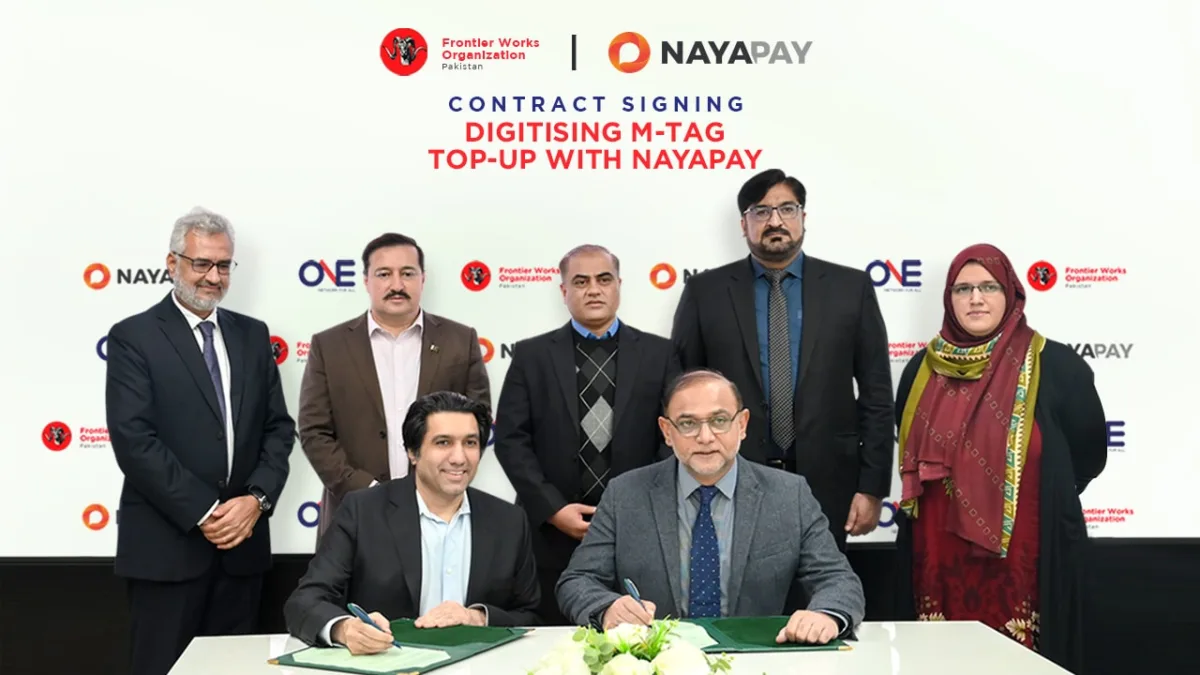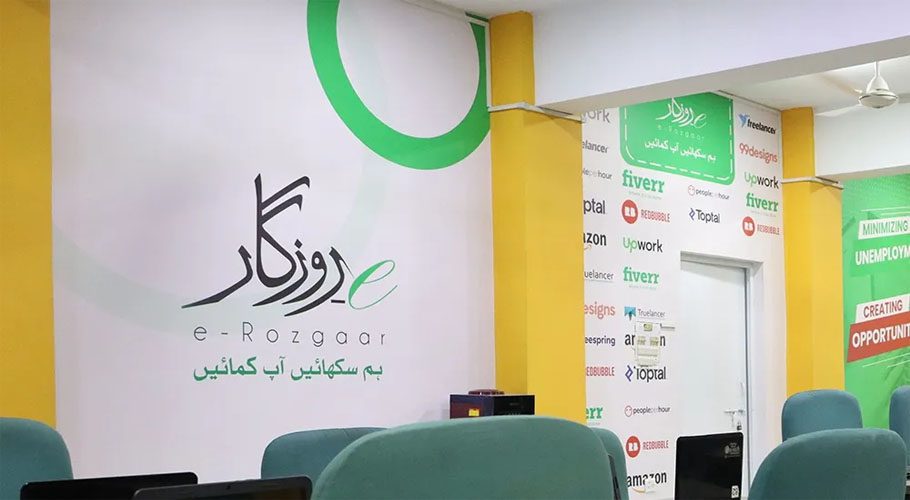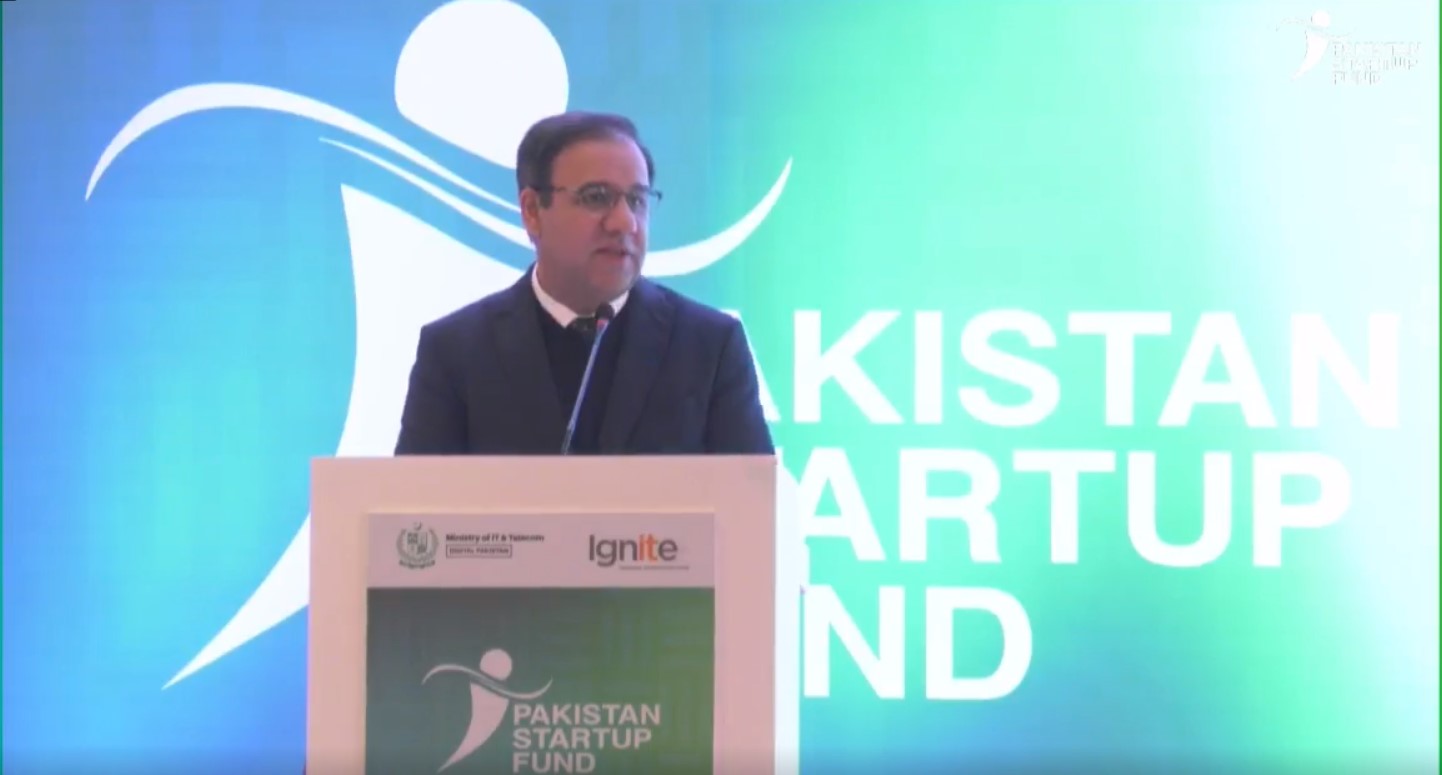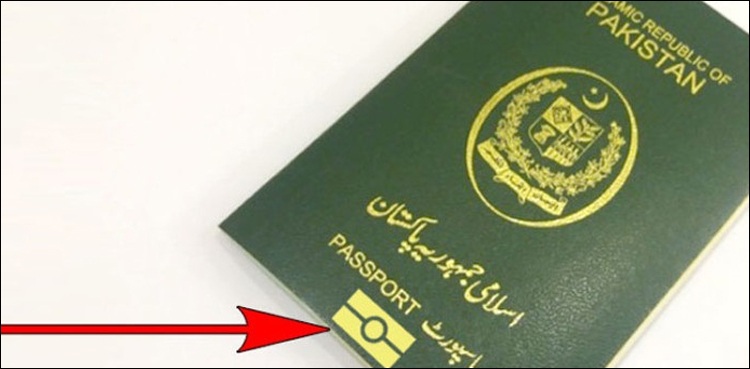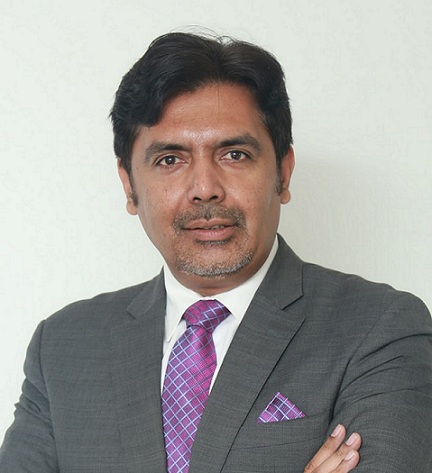In a recent development, Pakistan’s Finance Minister Muhammad Aurangzeb has announced the government’s consideration of introducing digital currency within the country’s borders. This revelation came during Aurangzeb’s speech at the World Economic Forum (WEF) special meeting held in Riyadh, Saudi Arabia.
Highlighting the pressing need to document the nation’s undocumented economy, Aurangzeb stated, “We generate Rs9.4 trillion in annual revenues, yet half of our economy remains undocumented.” To address this challenge, the finance minister revealed that an agreement had been signed with the renowned consulting firm McKinsey on Friday to facilitate comprehensive digitalization of Pakistan’s economy.
“They are going to come in and help us with the end-to-end digitalization of our economy,” Aurangzeb affirmed, underscoring the government’s commitment to leveraging digital technologies for economic transformation.
Furthermore, the finance minister emphasized the urgent need to implement a framework for a green tax economy, aligning Pakistan’s fiscal policies with environmental sustainability goals. He acknowledged that even international institutions like the World Bank (WB) are exploring innovative financing structures to support such initiatives.
Aurangzeb stressed the importance of combining domestic efforts and international financing to meet the country’s financial requirements, highlighting the collaborative approach required to navigate the economic challenges faced by Pakistan.
This development follows the State Bank of Pakistan (SBP) Governor Jameel Ahmad’s revelation in July 2023 that the central bank was working on a plan to launch Pakistan’s first digital currency, known as the Central Bank Digital Currency (CBDC). Ahmad made these remarks while briefing the Senate’s Standing Committee on Finance and Revenue, chaired by Senator Saleem Mandviwalla at the Parliament House.
During the briefing, the committee was informed that many central banks worldwide are working to launch digital currencies on a pilot basis, and the SBP is actively seeking to learn from their experiences. This move towards embracing digital currency is seen as a strategic step towards modernizing Pakistan’s financial infrastructure and fostering greater financial inclusion.
The adoption of digital currency and the digitalization of the economy are expected to bring numerous benefits, including increased transparency, improved tax collection, and enhanced access to financial services for underserved populations. Additionally, digital currencies could potentially facilitate cross-border transactions, reduce transaction costs, and promote financial innovation.
However, the implementation of such initiatives is not without challenges. Concerns surrounding cybersecurity, data privacy, and the potential for financial instability must be carefully addressed. Regulatory frameworks and robust infrastructures will need to be developed to ensure the secure and efficient deployment of digital currencies and digital economic platforms.
As Pakistan navigates this transformative journey, collaboration between government agencies, financial institutions, and technology partners will be crucial. Striking the right balance between innovation and risk mitigation will be essential to unlocking the full potential of digital currencies and economic digitalization for the nation’s economic growth and development.




